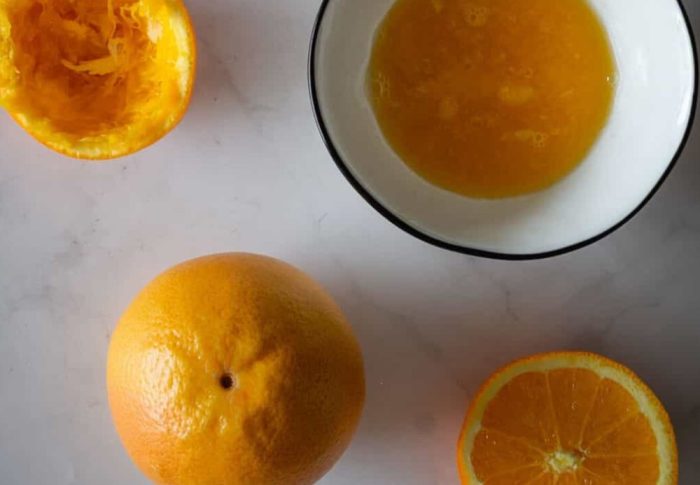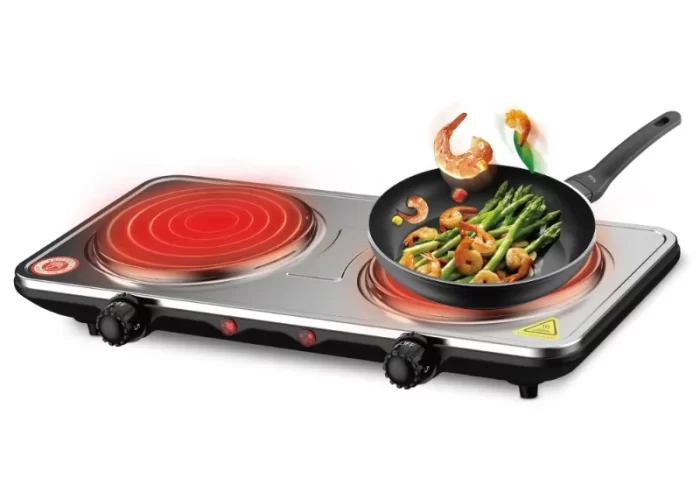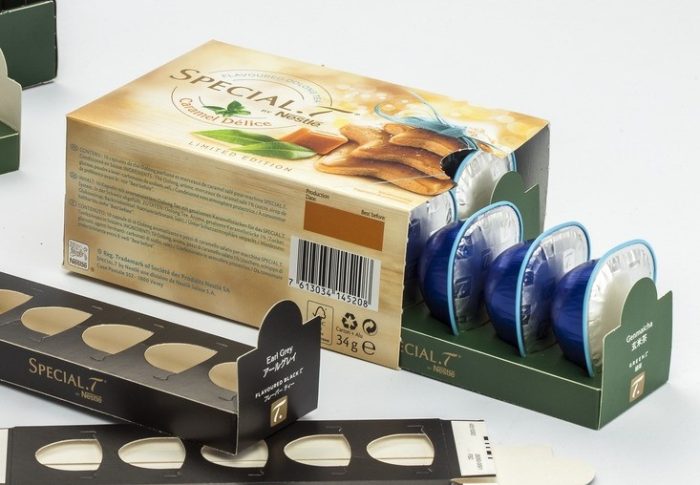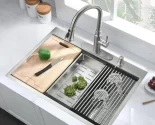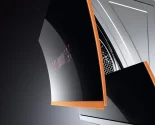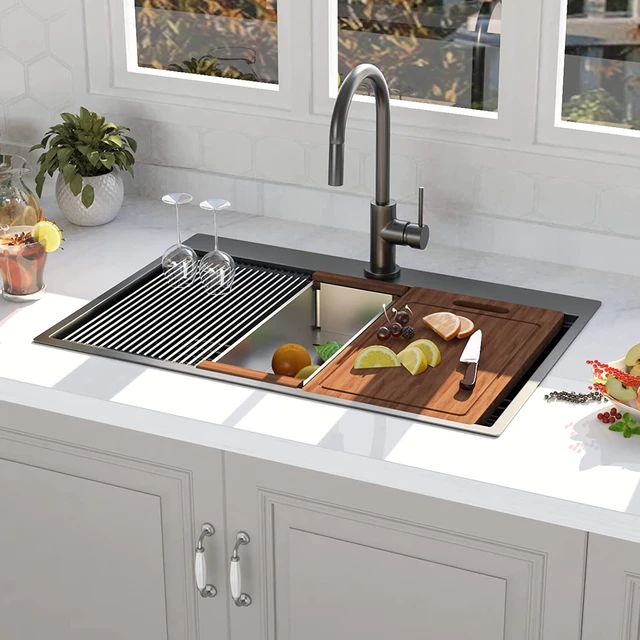
What type of kitchen sink is most durable?
Introduction
When selecting a kitchen sink, durability is a key factor to consider. A durable sink ensures that it can withstand daily use, resist scratches, stains, and dents, and maintain its overall quality over time. With numerous sink materials available, it can be challenging to determine which type is the most durable. In this comprehensive analysis, we will explore different sink materials and assess their durability based on various factors to help you make an informed decision.
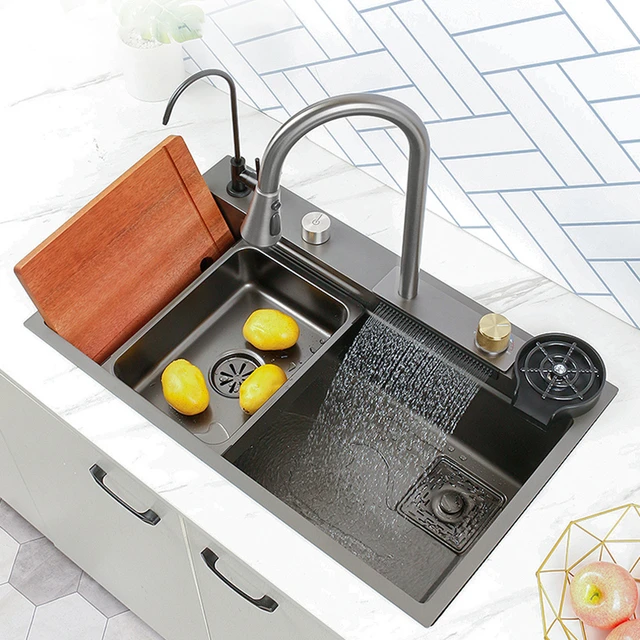
What type of kitchen sink is most durable?
I. Stainless Steel Sinks: Enduring Strength and Resilience
-
Material Composition:
- Stainless steel sinks are crafted from a durable alloy that contains iron, chromium, and nickel. The percentage of chromium determines the sink’s corrosion resistance, while nickel adds strength and durability.
-
Scratch Resistance:
- Stainless steel sinks tend to be highly scratch-resistant due to their hardness and composition. While they may develop light scratches over time, these can often be buffed out, giving the sink a renewed appearance.
-
Corrosion and Stain Resistance:
- Stainless steel is resistant to corrosion and staining and is highly resilient against acidic substances commonly found in the kitchen. The chromium content forms a protective film on the surface, preventing corrosion and maintaining the sink’s durability.
-
Heat Resistance:
- Stainless steel sinks excel in heat resistance. They can withstand high temperatures without warping or affecting the sink’s overall structure. This durability makes them suitable for heavy kitchen use, such as handling hot pots and pans.
-
Ease of Maintenance:
- Stainless steel sinks are easy to clean and maintain. Regular cleaning with mild soap and water or stainless steel cleaners helps retain their original luster and durability.
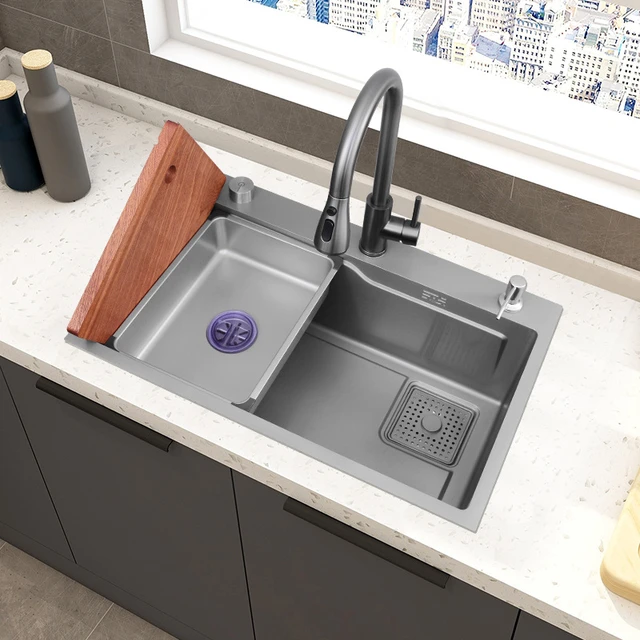
II. Fireclay Sinks: Solid and Resistant
-
Material Composition:
- Fireclay sinks are crafted from molded ceramic clay and then fired at high temperatures, resulting in a solid and dense sink material.
-
Scratch Resistance:
- Fireclay sinks are highly resistant to scratches due to their robust composition. Everyday use or accidental scratching with utensils should not damage the surface.
-
Stain Resistance:
- The non-porous nature of fireclay sinks makes them highly resistant to staining. Their smooth surface repels liquids and prevents stains from penetrating the material, maintaining the sink’s durability and appearance.
-
Heat Resistance:
- Fireclay sinks exhibit excellent heat resistance. They can withstand high temperatures without warping or cracking, making them suitable for heavy-duty cooking and cleaning tasks.
-
Impact Resistance:
- While fireclay sinks are generally durable, they might be vulnerable to chipping or cracking if subjected to considerable force or impact. Care should be taken to avoid dropping heavy objects to prevent potential damage.
III. Cast Iron Sinks: Traditional and Robust
-
Material Composition:
- Cast iron sinks are made from layered iron with a durable enamel coating. The cast iron provides strength, while the enamel layer adds a smooth and sealed surface.
-
Scratch Resistance:
- The enamel coating on cast iron sinks offers good scratch resistance. However, over time, the enamel may wear or chip, potentially exposing the iron layer beneath.
-
Stain Resistance:
- Cast iron sinks are resistant to most stains due to their non-porous enamel coating. Proper care and cleaning can help maintain the sink’s stain resistance and overall durability.
-
Heat Resistance:
- Cast iron sinks are highly heat resistant, with the iron base capable of withstanding high temperatures without damage. However, extreme temperature changes may cause the enamel coating to expand or contract, potentially leading to cracks.
-
Vulnerability to Chipping:
- While cast iron sinks are generally durable, they are susceptible to chipping if subjected to impact or accidental contact with heavy objects. Care should be taken to avoid dropping items that could cause damage.
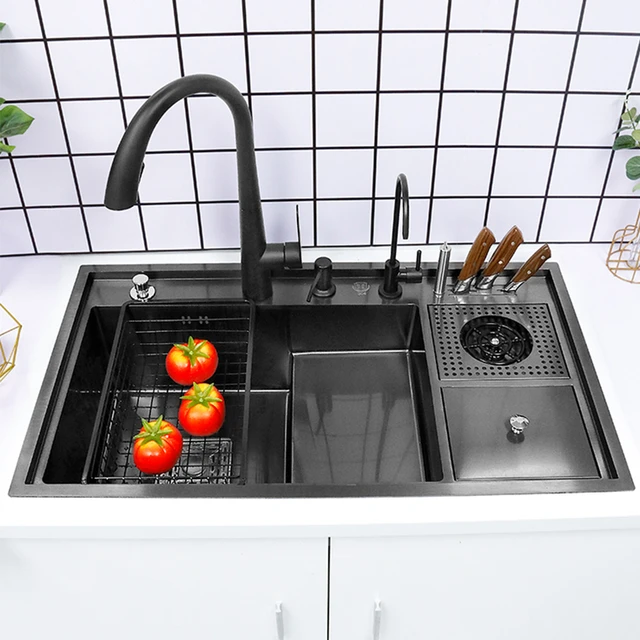
IV. Composite Granite Sinks: Strength and Style
-
Material Composition:
- Composite granite sinks combine natural granite stone with resin or acrylic materials. This blend of materials creates a sink that is both resilient and visually appealing.
-
Scratch Resistance:
- Composite granite sinks offer excellent scratch resistance due to their granite component. However, the resin or acrylic materials can be more vulnerable to scratches than the granite itself.
-
Stain Resistance:
- The natural composition of granite provides composite granite sinks with exceptional resistance to staining. Proper cleaning and maintenance can help preserve the sink’s stain resistance and durability.
-
Impact Resistance:
- Composite granite sinks are highly resistant to impacts, making them less susceptible to chipping or cracking. The combination of natural stone and resin/acrylic materials provides durability and strength.
-
Heat Resistance:
- Composite granite sinks display excellent heat resistance. They can withstand high temperatures without being adversely affected. However, it is recommended to avoid direct contact with extremely hot cookware to maintain the sink’s appearance.
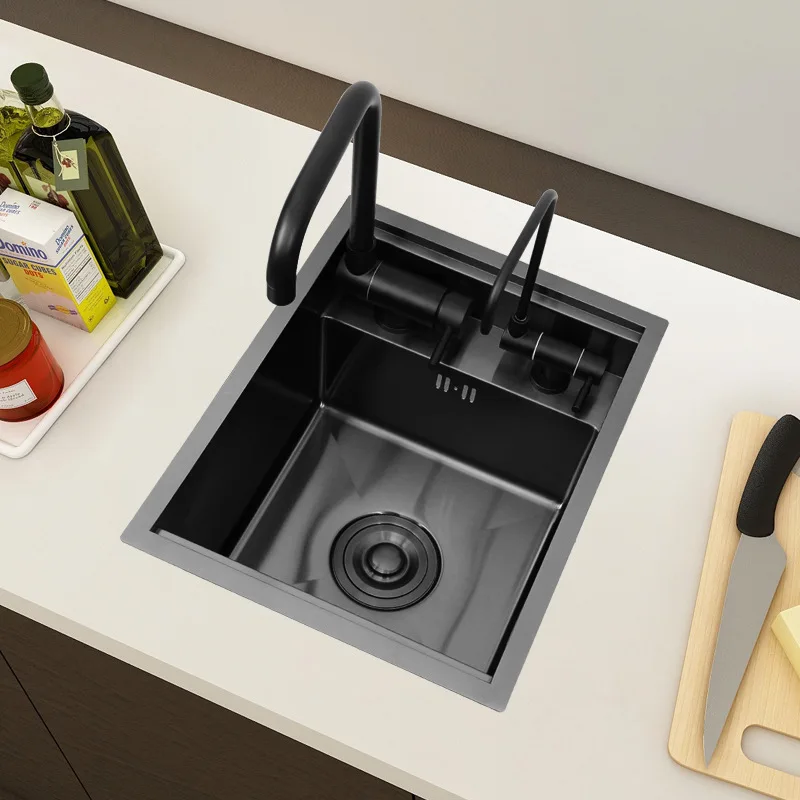
V. Copper Sinks: Distinctive Charm and Durability
-
Material Composition:
- Copper sinks are crafted from solid copper, which offers a unique appearance and durability. The natural properties of copper contribute to its strength and longevity.
-
Scratch Resistance:
- Copper sinks are relatively resistant to scratches and dents. However, the copper material may develop a patina over time, which can enhance its unique appeal but may also hide minor surface imperfections.
-
Corrosion Resistance:
- Copper is naturally resistant to corrosion, making copper sinks durable and long-lasting. The patina that develops over time acts as a protective layer, enhancing the sink’s longevity.
-
Heat Resistance:
- Copper sinks exhibit excellent heat resistance. They can withstand high temperatures without affecting their structural integrity or appearance.
-
Maintenance and Patina Development:
- Copper sinks require regular maintenance to preserve their appearance and durability. Cleaning with mild soap and water is recommended, while avoiding abrasive cleaners that could damage the sink’s surface. The patina that develops naturally over time adds to the sink’s charm and can mask minor scratches or imperfections.
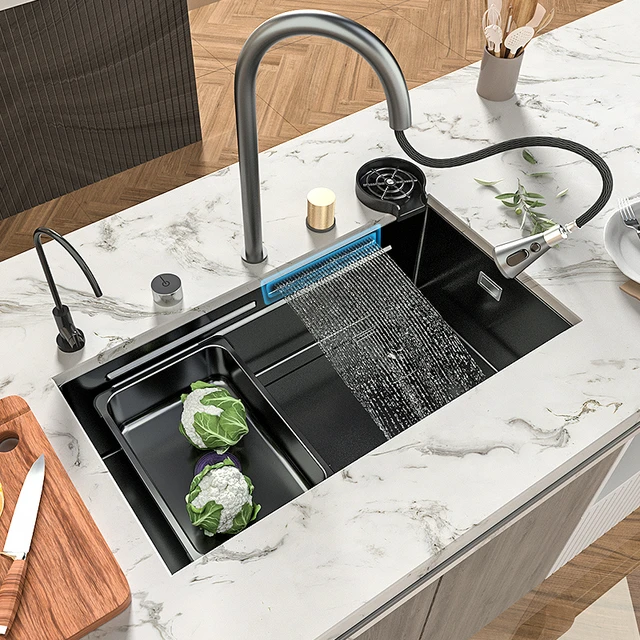
Does a dishwasher affect the durability of the kitchen sink?
Yes, a dishwasher can potentially impact the durability of a kitchen sink. The constant flow of water, detergent, and debris from the dishwasher can cause wear and tear on the sink’s surface over time. Additionally, the high temperatures and chemicals used in the dishwasher can also affect the sink’s finish and potentially lead to discoloration or corrosion. Therefore, it is important to choose a sink made from high-quality materials and ensure proper maintenance to minimize any potential impact from the dishwasher.
VI. Conclusion
Determining the best kitchen sink for durability requires careful consideration of various factors. Stainless steel sinks are renowned for their enduring strength, scratch and corrosion resistance, and ease of maintenance. Fireclay sinks exhibit solid resistance to scratches, stains, and heat, though they may be vulnerable to chipping. Cast iron sinks offer robustness, scratch and stain resistance, yet may be susceptible to chipping and cracking. Composite granite sinks combine strength, scratch and stain resistance, and style, while copper sinks boast distinctive charm, durability, and natural patina development. Ultimately, the best choice for a durable kitchen sink depends on personal preferences, maintenance considerations, and the desired aesthetic appeal that aligns with your kitchen design. By carefully evaluating the materials’ characteristics and assessing their suitability for your specific needs, you can select a kitchen sink that combines durability, functionality, and visual appeal to enhance your kitchen for years to come.

